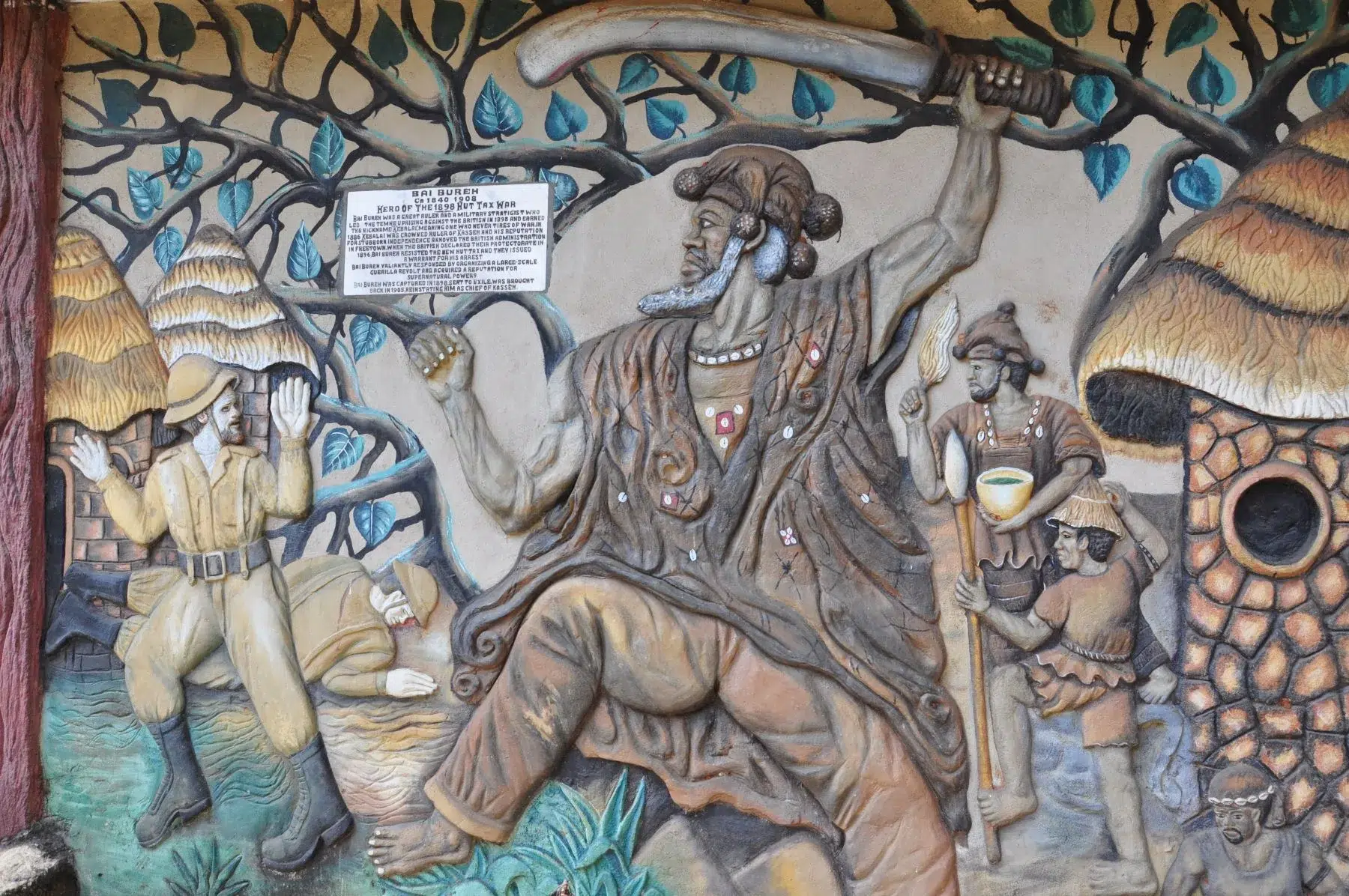If you’ve been following us for a while, you’ll know that on this page we mostly share articles and resources about travelling in Sierra Leone – itineraries, guides to Freetown and the best beaches, and also material about more remote places like Tiwai Island.Here we’d like to do something different. We would like to take you on a journey in time to learn more about the history of Sierra Leone through 5 significant historical events. Let’s go!
1. Establishment of Freetown & the Sierra Leone Colony (1787)
One of the most important events in Sierra Leone’s history was the establishment of Freetown and the Sierra Leone Colony in 1787. The name “Freetown” comes from the fact that the city was established as a free settlement for formerly enslaved Africans, seeking refuge and freedom from the horrors of slavery.The settlers were granted land and autonomy, and Freetown quickly became a beacon of hope and opportunity for thousands of people returning to their Motherland in search of a better future. The founding of the Sierra Leone Colony marked the beginning of our country’s journey towards independence and self-determination.
2. Abolition of the Transatlantic Slave Trade (1807)
The British abolition of the transatlantic slave trade in 1807 had a profound impact on Sierra Leone and the rest of West Africa. Sierra Leone, as a major hub for the transatlantic slave trade, played a significant role in the abolitionist movement.
The abolition of the slave trade led to the collapse of the slave economy in Sierra Leone and the wider region. The abolitionist movement also inspired other countries to follow suit and abolish the slave trade, contributing to the eventual eradication of enslavement worldwide.
3. The Hut Tax War (1898)
In the late 19th century, the British colonial administration introduced the hut tax, which required every adult male to pay a tax of one shilling per year for each hut they owned. This decision was met with resistance especially by Temne people, who relied on subsistence farming and had little cash income to pay the tax.A series of protests and demonstrations erupted across Temne territory, led by local chief Bai Bureh, which quickly escalated into open conflict. The uprising was quashed by the British – many leaders were either arrested and executed, or sent into exile.
However, the rebellion highlighted the injustice of British colonial rule and fueled nationalist sentiments. Nowadays, it is remembered as a significant event in Sierra Leone’s history, symbolizing the struggle for freedom, justice, and self-determination against colonial oppression.
4. Independence from British Colonial Rule (1961)
Sierra Leone gained independence from British colonial rule on April 27, 1961, after decades of struggle and resistance. The country’s journey towards independence was marked by the action of political activists like Sir Milton Margai and Siaka Stevens, who played instrumental roles in negotiating with the British government and leading the country towards independence.Independence Day is celebrated every year with a Lantern Parade – find out more about it on our festivals page!



